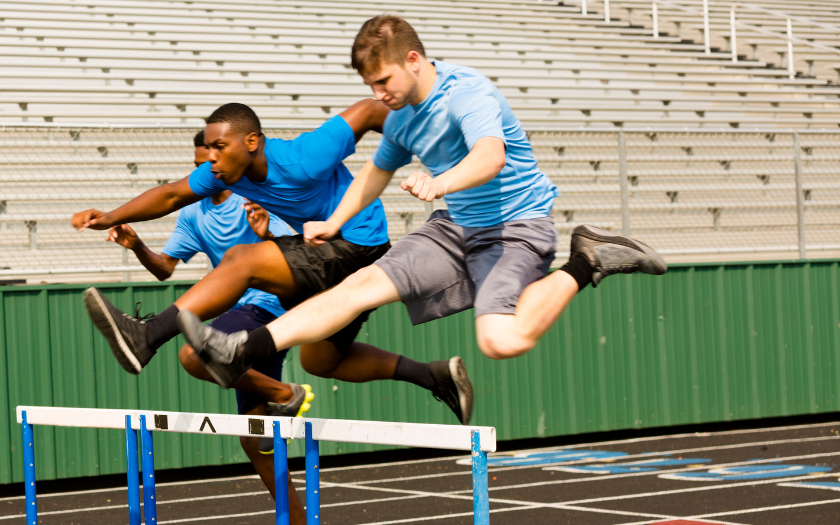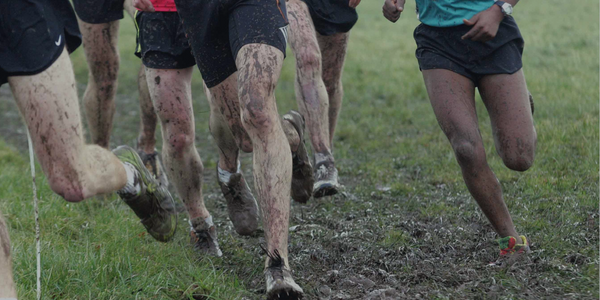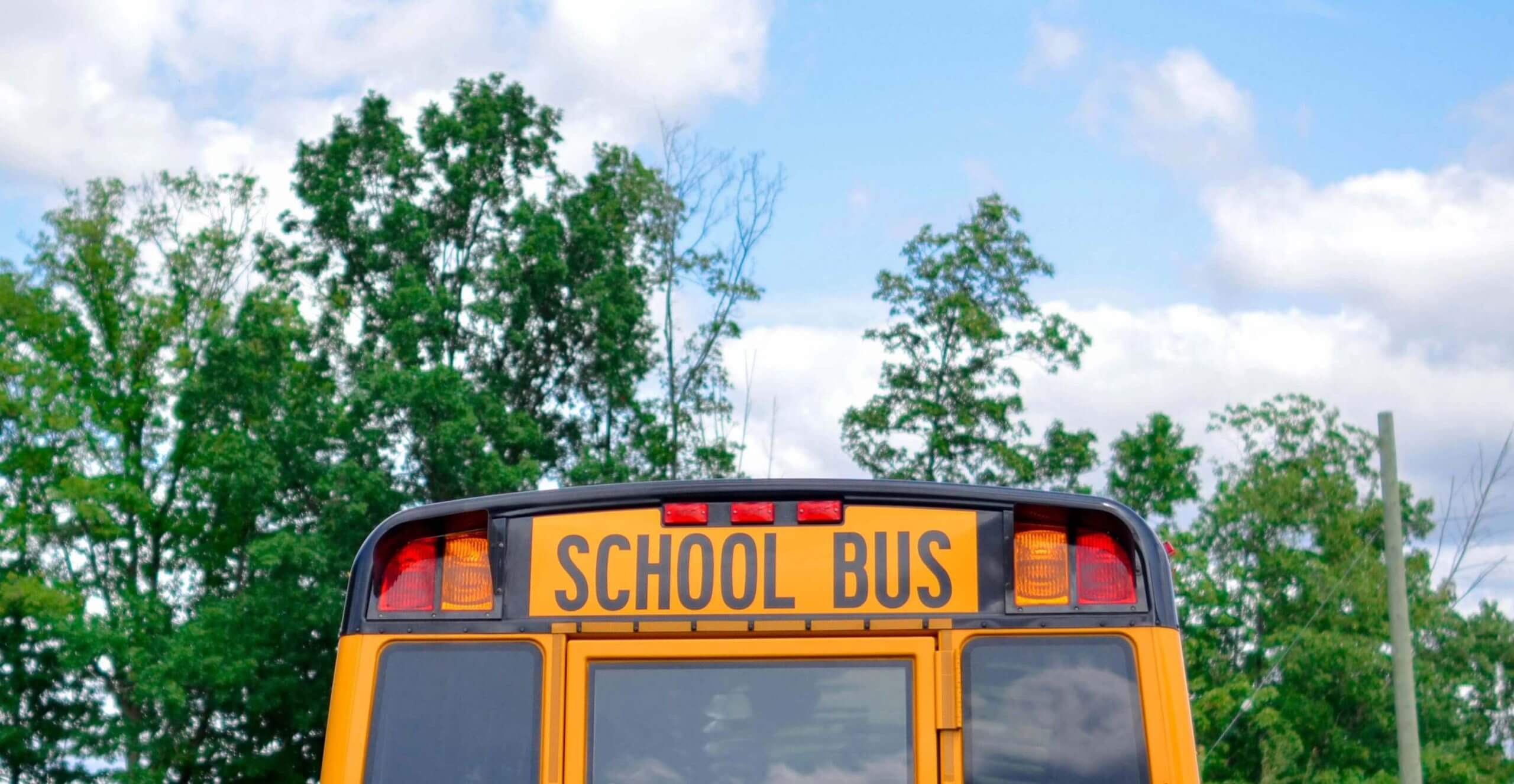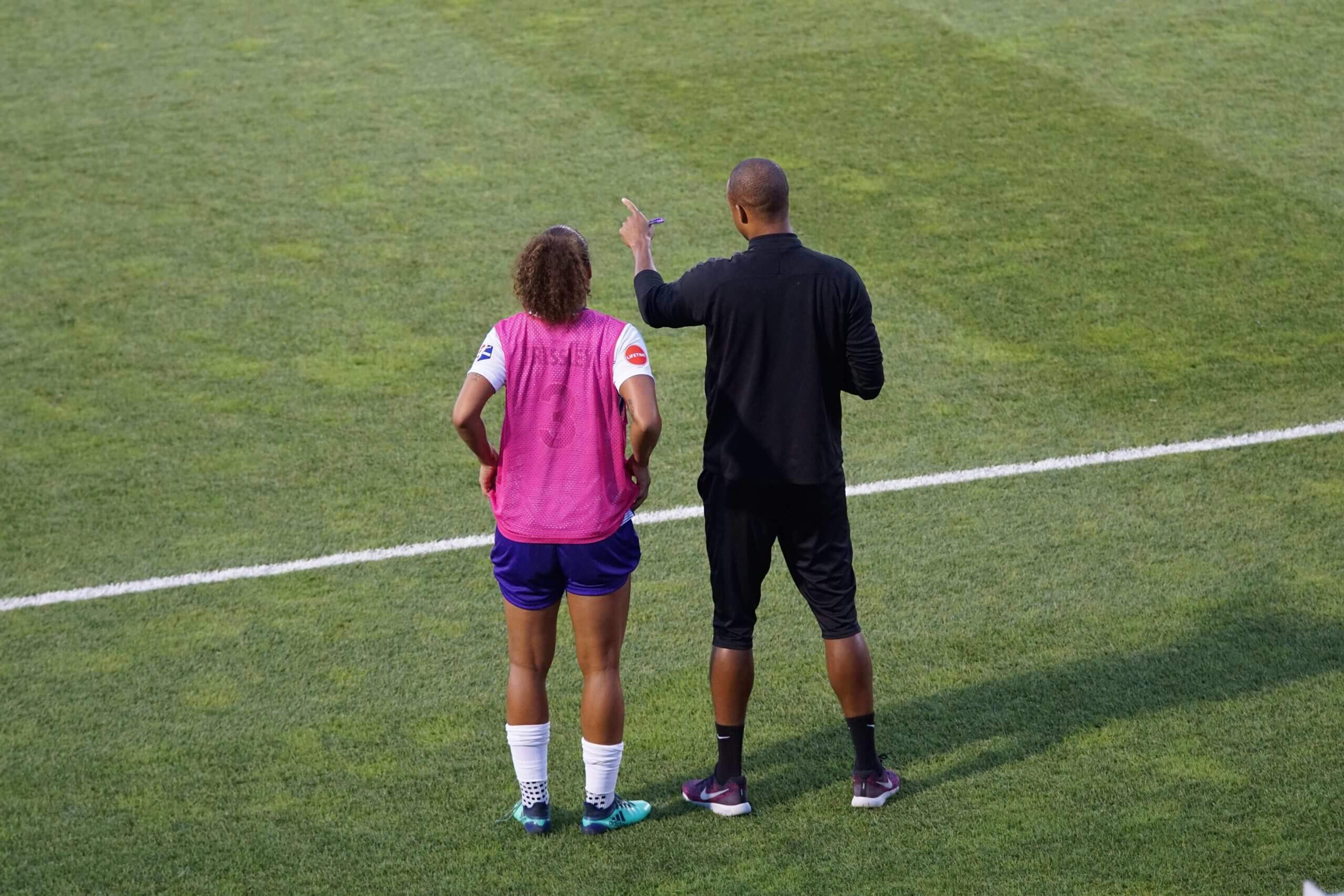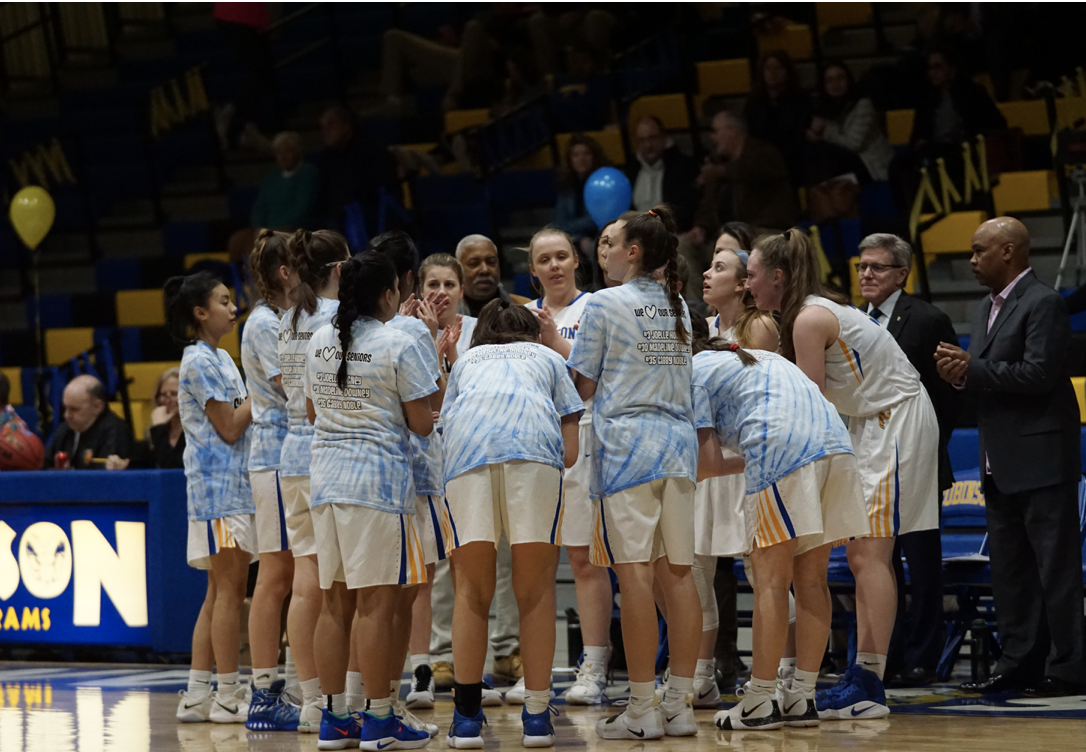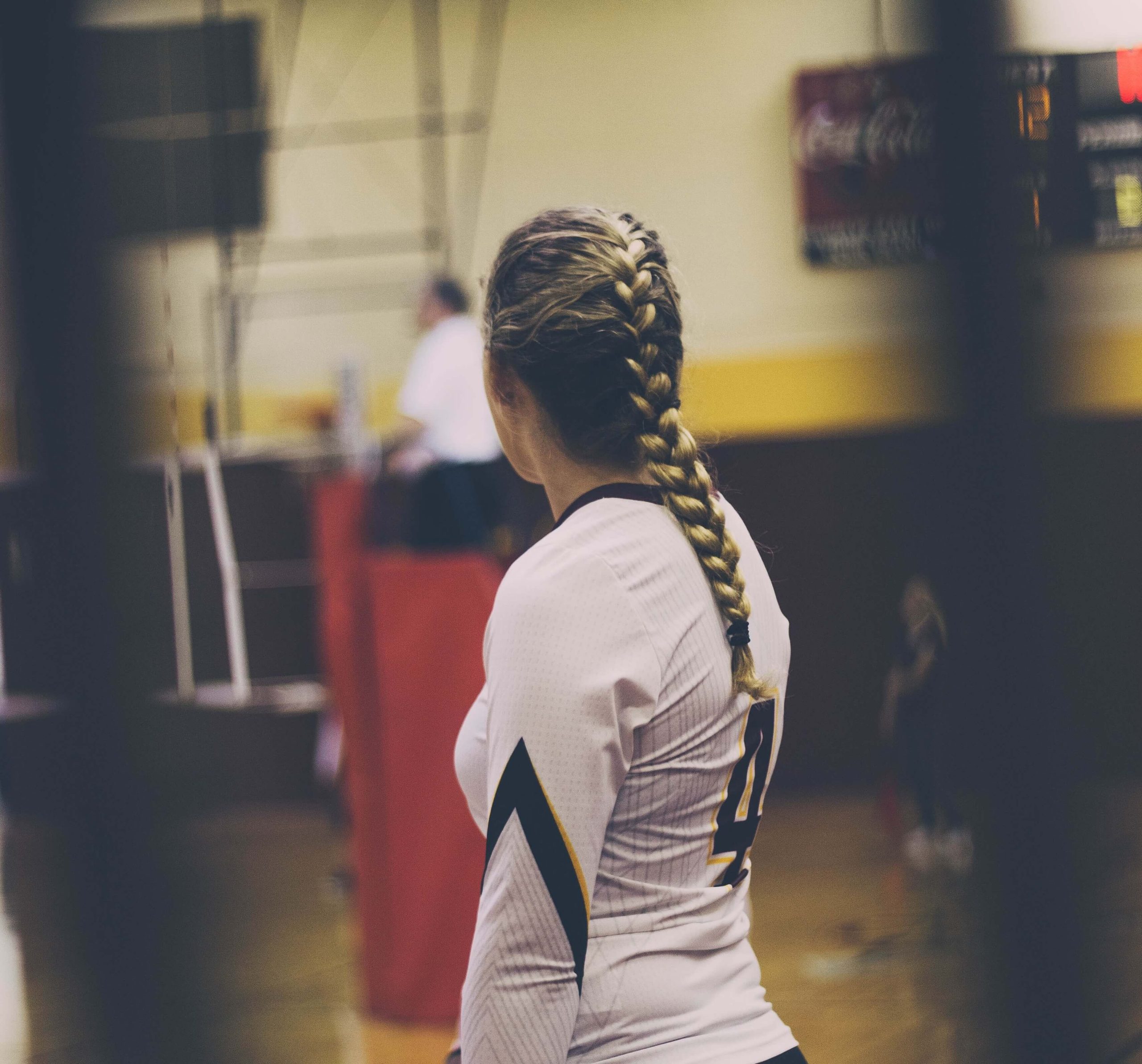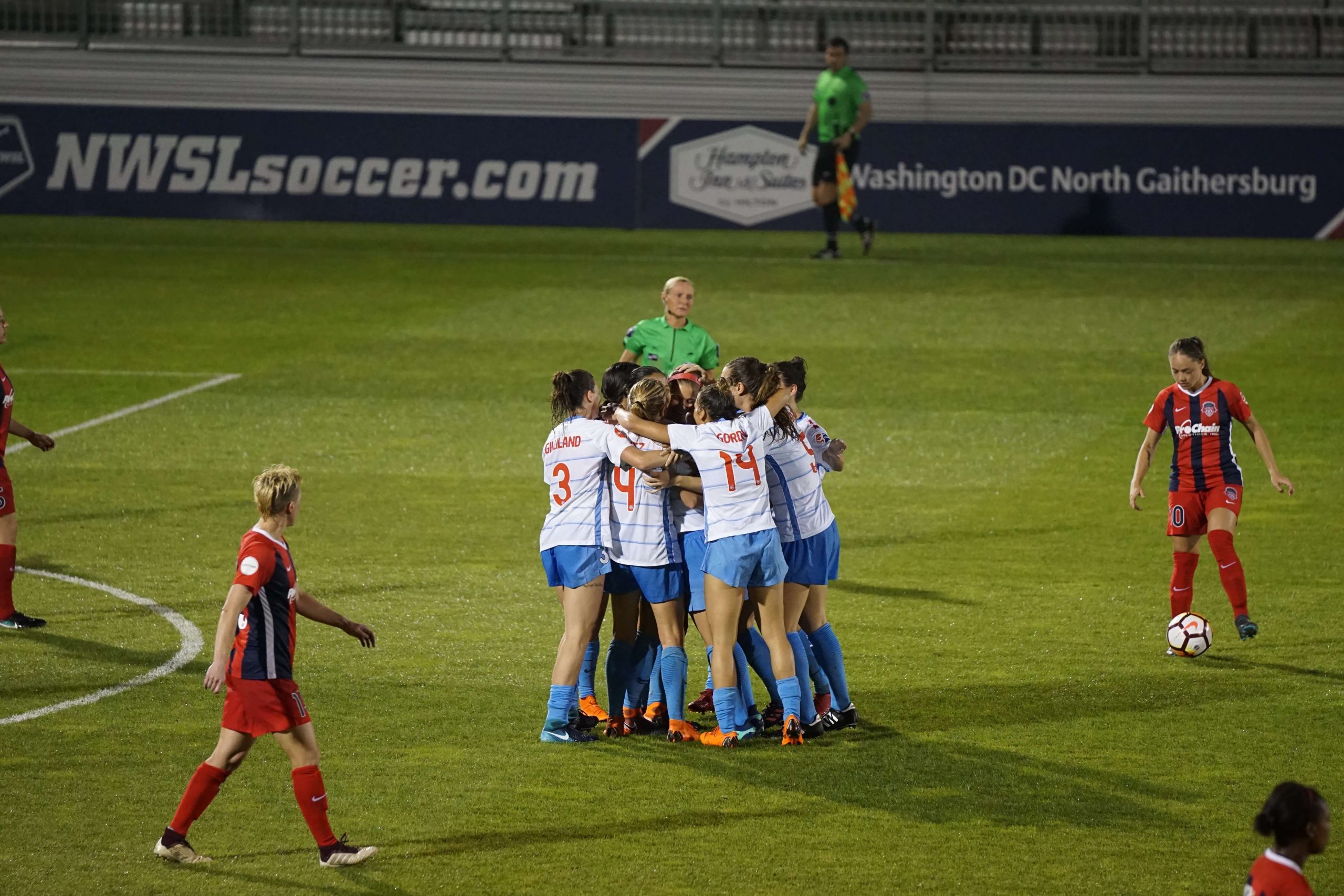Building Connection Between Coach and Athlete Begins With In-The-Moment Interactions.
“I’ll make it.”
Those three simple words from the classic movie, Hoosiers, were sheepishly delivered by Jimmy Chitwood to Coach Norman Dale inside the team huddle with just seconds left to play in the 1954 Indiana State Basketball Championship.
With the game on the line, Coach Dale trusted Jimmy would make the final shot.
3…2…1..swish!
Student-athletes like Jimmy Chitwood thrive on trust-based Connections, as do all student-athletes. They need to trust that their coaches will be there for them so they can confidently chase their goals without hesitation and fear.
Simply put, creating a positive student-athlete experience is hard without a connection.
Conversely, coaches who have failed to earn the trust of their student-athletes cannot genuinely challenge their players. Pushing young men and women to up their game and stretch their physical and mental abilities without a trust-based relationship in place is a recipe for failure.
The high-performance coaches we work with make it a priority to gain the trust of a student-athlete by showing they genuinely care about their players:
- They make the sport fun
- They get to know the students as individuals outside of the sport
- They ensure that each student feels like they’re an essential member of the team
These are just a few ways an elite coach can make a student-athlete feel relevant and needed.
Creating a connection off the court, away from the field
Ecsell Sports CEO, Bill Eckstrom, says “We can’t teach coaches how to care, but we can teach them how to show they care.”
Through our Connection Theme, we learn how coaches interact personally with student-athletes. Of course, connecting at practices and in games is essential, but the coaches who are strongest in this theme seek ways to connect with each student-athlete individually.
Most importantly, they do it at the beginning of the coach-athlete relationship.
It can be a simple conversation in the hallway between classes, or in a student commons area. Maybe it’s asking about a student’s pet or a shared interest in a TV show. Maybe one of the student’s grandparents has been ill. Asking about their wellbeing shows that the coach cares, and that they are genuinely interested in the student’s life.
These types of gestures can lay the groundwork for a meaningful trust-based relationship. And that’s where high-performance coaches excel.
The more your coaches connect with their players beyond the sport, the more opportunity there is to grow respect, engagement, and trust.
It’s hard to coach someone with whom you haven’t first established a relationship, or at least formed a mutual connection. However, once the Connection is made, coaches have more success when it comes time to challenge and push the athlete physically and mentally.
Consider an actual experience from one of our interviews with a parent:
“My daughter wanted to improve her tennis game, so I contacted a highly regarded tennis instructor. She met my daughter and me at a local court and started off by hitting some balls with her.
“After a few minutes, the tennis instructor came over to me and asked if she could adjust my daughter’s swing, grip, and suggest some new ways to approach the game. I said of course, and she finished the session with my daughter.
“When we got to the car, I asked my daughter if she wanted to work with the instructor again, and she said, ‘No way, no how.’ She had zero interest in working with her. My daughter didn’t connect with her because the coach didn’t take the time to get to know her. She jumped right into mechanics before ever asking about my daughter’s life, her goals, or even her tennis game. They knew nothing about each other. There was no trust, and so it didn’t work. And being a young student-athlete it is likely she could not have articulated why, she just knew it didn’t feel right ”
Coaches are humans, too
Building a trust-based relationship isn’t a one-way street.
In Hoosiers, before Jimmy spoke up, Coach Dale had called a play that used Jimmy as a decoy so as to allow another player to take the final shot. But Jimmy (and the rest of the team for that matter) trusted that Coach Dale would be receptive to him calling off the final play and quietly demanding that he take the last shot.
Much like Coach Dale, your coaches need to make themselves vulnerable and open up about their own lives. It’s important for students to see that the coach has a life outside the sport, that they are human like everyone else.
When a coach shares an experience from their own life – a time when they were scared or unsure of themselves – it creates a connection. Maybe there was a moment when the coach questioned their own abilities. “I didn’t know if I could live up to my dad’s expectations, which made me scared to fail, and I questioned whether or not I would be good enough to be a starter.”
That’s a relatable moment, and it shows vulnerability. Vulnerability drives Connection because it shows courage. It takes strength to open yourself up. It’s at the core of trust.
‘I can’t believe they don’t know how much I care’
When we show coaches the results of our student-athlete questionnaires, we sometimes get surprised reactions – especially if that coach’s student-athletes feel like the coach doesn’t care about them outside the game.
“My love for the sport is lacking during high school and my confidence is at an all-time low. I feel that my coach doesn’t believe in me. … I just wish that I felt like my coach trusted me.”
In the eyes of that athlete, had the coach fostered a trust-based relationship, she would have the foundation upon which to build. Then, pushing that athlete and challenging them to reach higher goals would be easier to achieve.
Coaches whose Connection score is above the 80thpercentile receive comments like this:
“Our coach always makes me and the other players know that he cares about us as players and people. I know I will stay in touch with this coach long after my time in his program.”
“I am so thankful for the coaches I have had. They have always been so kind, and I know that I could talk to them about anything in my life.”
“My coach cares greatly about us as women, not just players. She encourages us to be the best versions of ourselves.”
These sentiments, these verbatim words viewed through the eyes of student-athletes, describe how they feel Connection with their coaches. They also show how Connection affects lives beyond courts and fields.
Do your coaches make connections?
Ever heard of a coach pulling a student-athlete out of the last 15 minutes of class on a Friday for a quick game of H.O.R.S.E. in the school gym? Just to see how the student is doing, how they are feeling? A simple gesture like that can stick with someone throughout their life. It’s meaningful.
In fact, coaches who are strong in the Connection theme are:
- 21 times more likely to understand who their student-athletes are as a person
- 16 times more likely to have student-athletes believe they care about them
- 13 times more likely to have student-athletes feel like they’re important to the team
- 10 times more likely to make their sport fun to play
Helping coaches reach a high-performance level through meaningful interactions with students is what we do at Ecsell Sports. Through our web-based, anonymous survey platform, we collect data on the student-athlete experience, and then analyze it and provide reports that are measured for growth over previous seasons, as well as against similar programs at other schools.
These detailed reports – provided to athletic directors and coaches – outline scores within Ecsell Sports’ six themes, including Connection. Those themes allow us to custom-design an action plan based on those scores. From there, we provide online resources, which include elite performance training modules that help drive continuous improvement.
Ultimately, we use data to improve the emotional impact on student-athletes. For us, it comes down to helping coaches create a better student-athlete experience.




